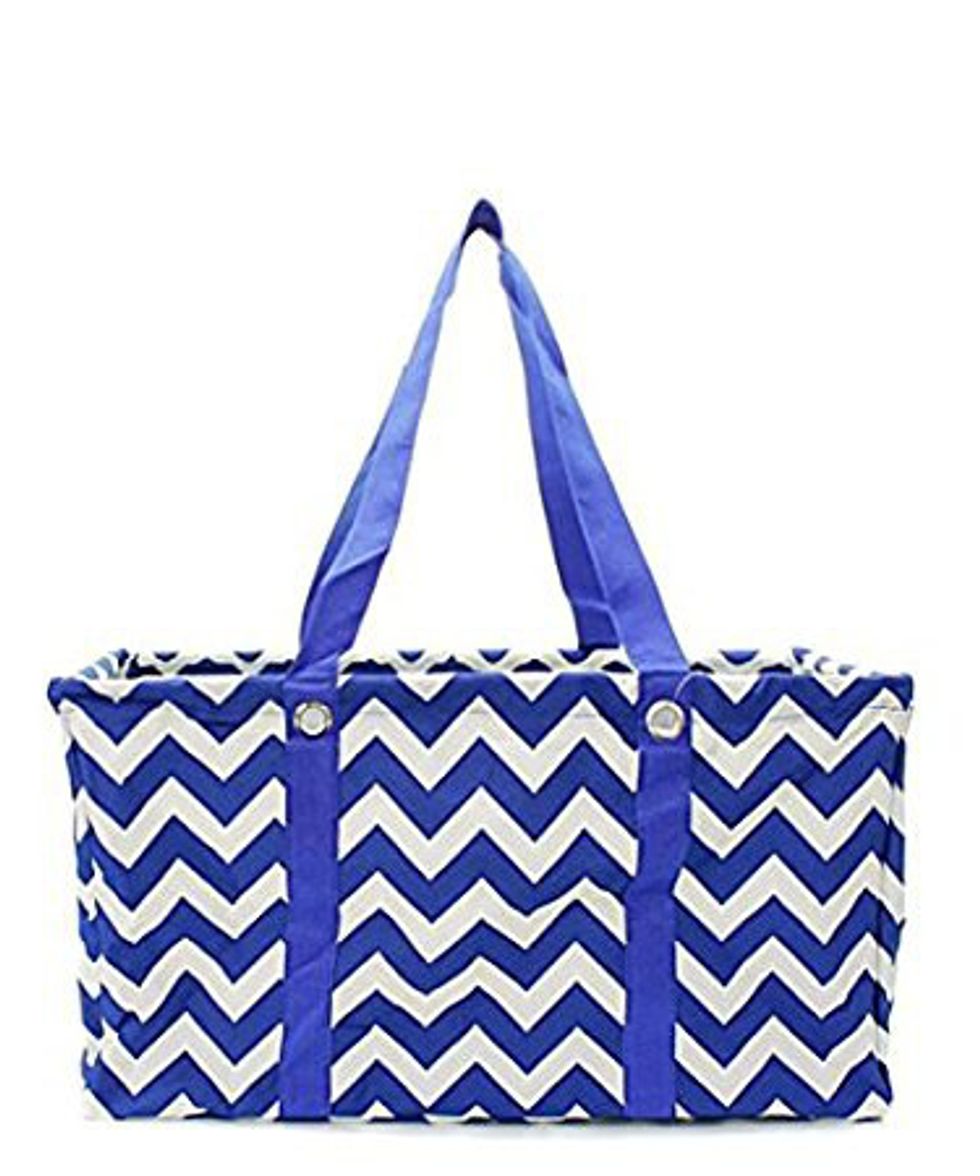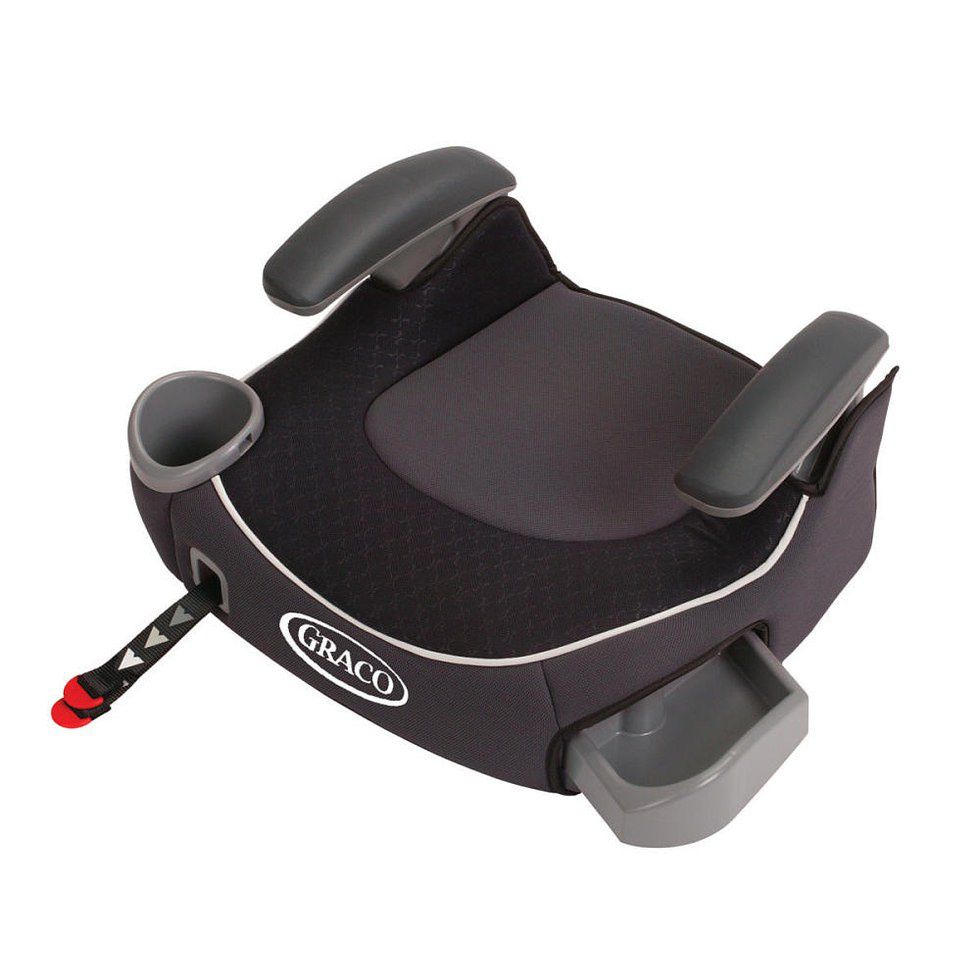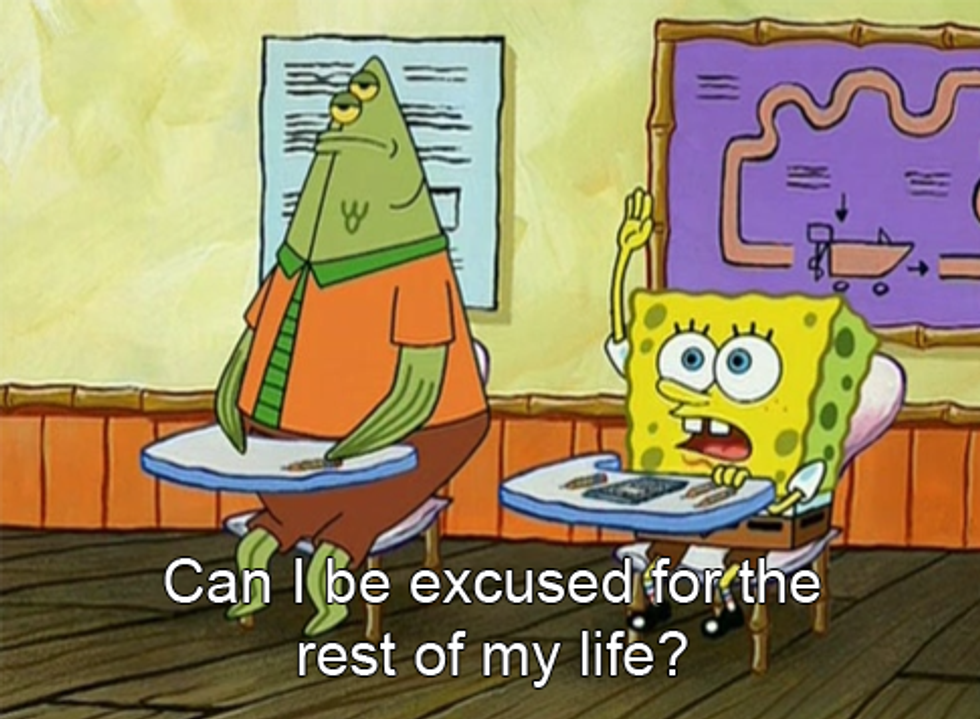The other day, my parents and I were talking about mental health, and I was being very honest about my experiences for one of the first times. It's always been hard to talk about, and I know it's hard for my parents to hear, since I isolated myself and wouldn't let them help, despite them being completely willing to. But it really hit me why they hadn't known something was wrong, aside from my willing isolation: "When I was younger, we just didn't talk about anxiety or depression."
As someone who grew up with what I thought was fairly visible social anxiety, it just hit me that parents might not know exactly what social anxiety is in children, and it's one of the few mental disorders that often does show up in early childhood.
However, it's so often dismissed as "oh, they're just shy!" by parents, and that creates a dual problem: parents don't know something is wrong with their child, and their children don't know either, because they believe that the persistent anxiety they experience is just shyness.
This then leads into people also not recognizing it in adolescence, because at that point social phobias are confused with agoraphobia--people assume that if you get out and do things, you don't have social anxiety.
This could not be more wrong.
For me, looking back, I saw the signs even when I was very very young. I had a very hard time with new adults or overstimulating situations, meeting new people was hard, and having friends over was stressful. But it didn't start to get memorably bad until midway through elementary school--that was when my "shyness" turned, unbeknownst to me and everyone around me, into something more.
I remember not wanting to have friends over anymore, because I was scared they'd judge me and because I didn't know how to entertain them. Buying things for myself at stores was very, very difficult, and even seeing people I knew at stores was stressful.
The biggest issue honestly became food. I've grown up with body image issues for just about as long as I can clearly remember, though it probably turned really bad when I started to hit puberty early, in about the fourth or fifth grade. Ordering food was a nightmare when my parents didn't do it for me, and it was especially a problem if it was stereotypically unhealthy. I have a very vivid memory of my mom offering to give me money to buy a snow cone in the height of July and not having the courage to go do it.
Especially in junior high and high school, eating with friends was like calculus. I never ordered based on what I wanted to eat. I ordered based on what I could get while remaining under the radar. If I got something "too healthy." in my mind, that would earn a comment, but if I got something too unhealthy, people would think I was fat. Of course, this was totally ridiculous, my friends probably wouldn't have cared.
It was a huge issue for me because my anxiety amplified everything.
Shopping on my own was awful too - I swore I could feel everyone's eyes on me, I could practically feel total strangers judging me based on what I wore. Again, in reality, honestly, no one likely cared. But it caused me enough distress where I stopped doing things with friends, almost exclusively went shopping with my mother until about the tenth grade when I started to get therapy.
Even then, it was difficult until I started anxiety medication--I remember before my first date with a guy I really really liked (and my first date ever) having at least two full blown panic attacks, crying, almost throwing up, and then going to meet him.
Social anxiety was a huge player in my life for a long time.
However, for many of you who know me and are reading this article, you'll be thinking "That doesn't sound right." You might be thinking, "Rachel, you did speech and debate and did okay." or "But you had friends and did clubs and extracurriculars!"
To those around me, I probably didn't seem like the socially anxious kid. But it's only because I learned to hide it.
Yes, I did speech and debate. I also had panic attacks before every speech and I swear my heart rate didn't dip below 100 beats per minute through a whole tournament. I did it to acclimate myself to the anxiety. I joined clubs--but did I interact with people outside the club? Not really. I did have friends, but when they offered to do something with me, I always had an excuse.
Always.
I was high functioning with my anxiety, but it was awful to live with.
I have never been "just shy."
Social anxiety is more than never leaving the house.
Plenty of people deal with it and likely don't show the signs that we think are obvious, and don't get the help they need. But if we're more aware and help people realize, it can do amazing things. Now that I have therapy and medication, I go out with friends, I can go buy food or things I want on my own, and I have had a healthy romantic relationship, something I never thought I'd be able to do, all because I got the treatment I needed.
So if you're experiencing distress because of social situations, or if someone you love is, they might not be "just shy." Look for more than the obvious--mental illness is not, and has never been, black and white.




















